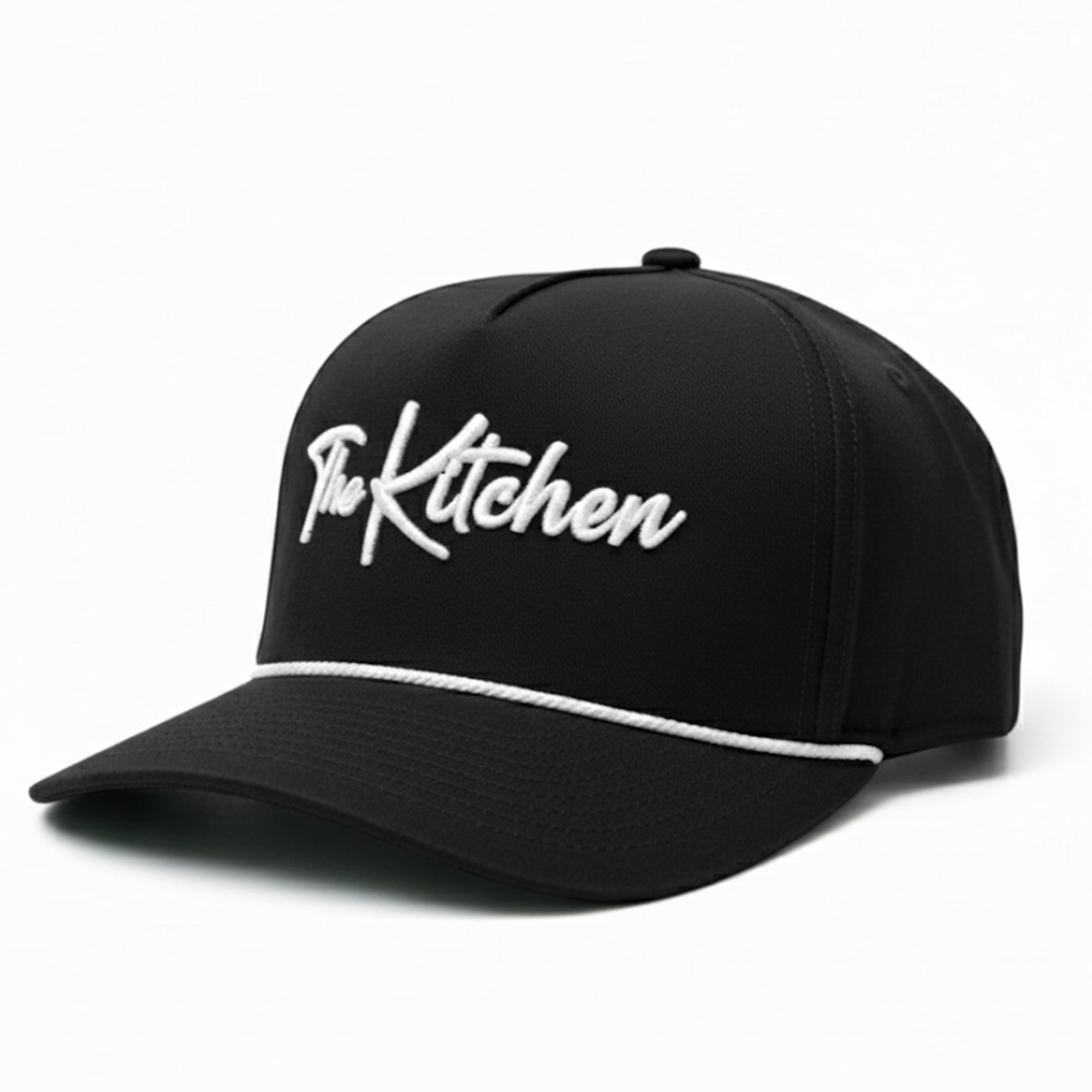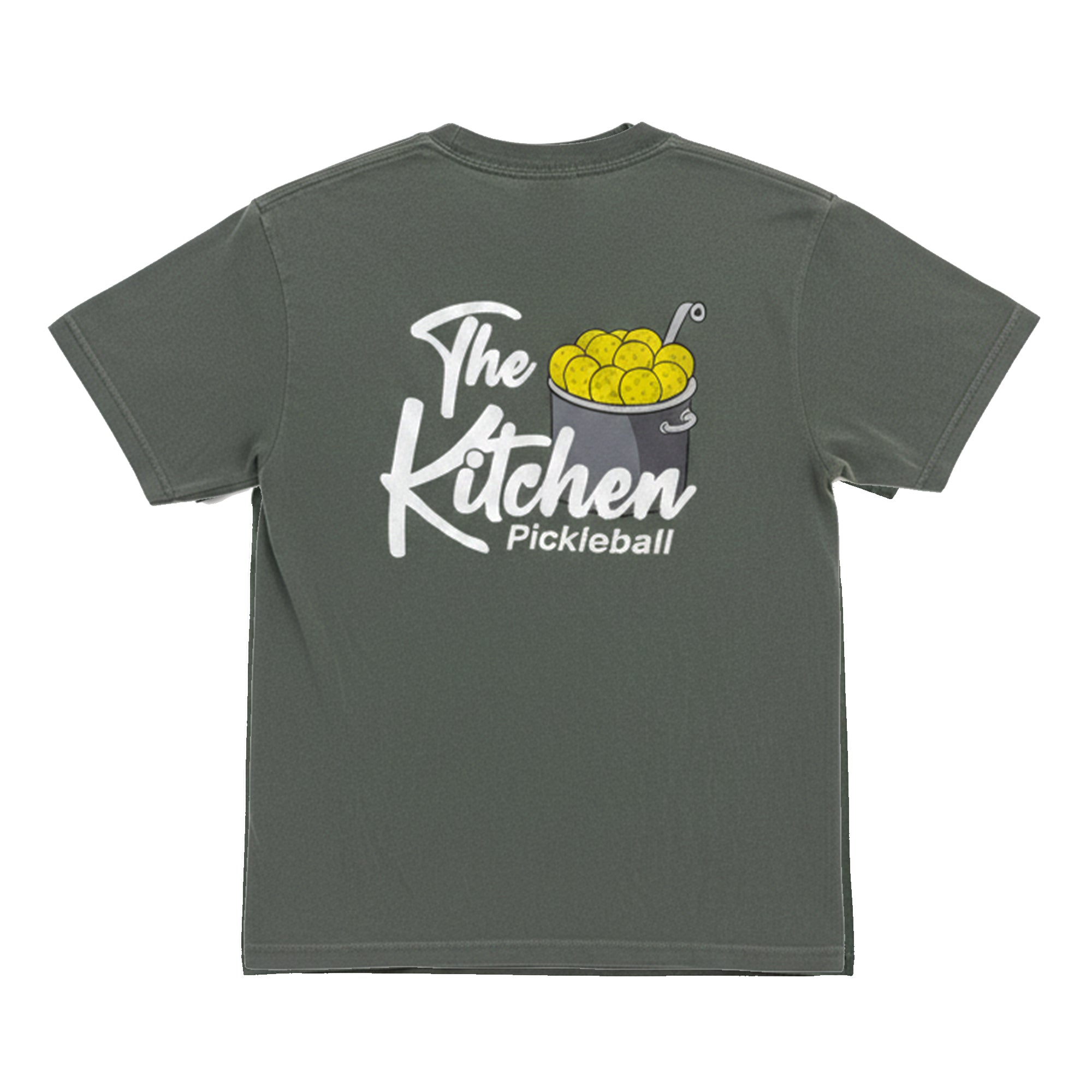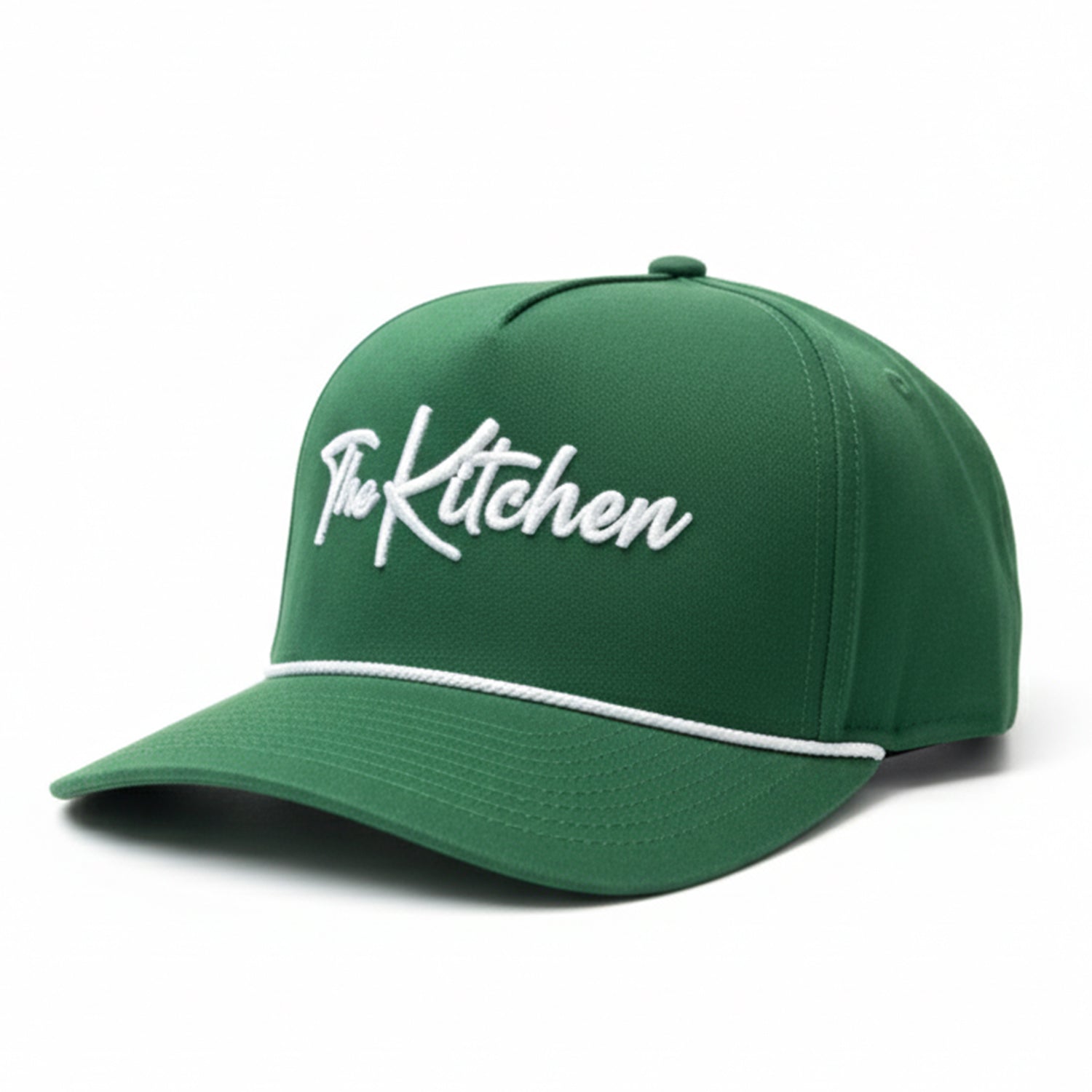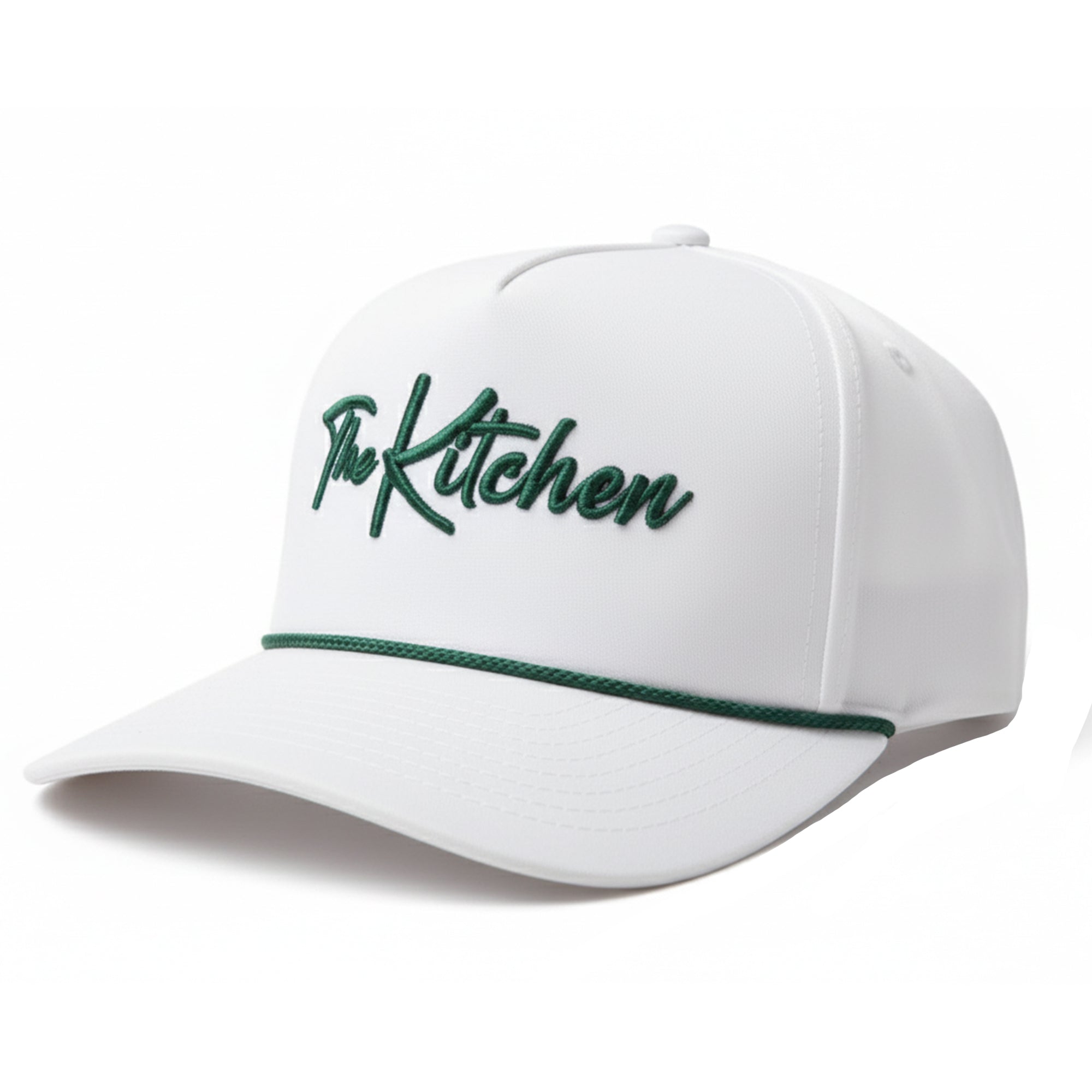Opening an Indoor Pickleball Facility: 10 Keys for a Successful Business Model
Last Edited
Nov 08 2024
Category
News
Interest in dedicated indoor pickleball facilities is growing almost as fast as the sport itself. But turning that dream into a thriving business? That’s a different game.
From nailing the community aspect to designing a profitable revenue model, here’s what it takes to open and sustain an indoor pickleball facility.
1. Build a System, Not Just a Space
Ace Rodriguez, founder of Pickleball Kingdom, emphasizes that successful facilities are built on systems, not just court space.
He developed a 120-page manual dubbed "The Keys to the Kingdom," which outlines everything from daily operations to long-term business strategies.
“Creating the system of the business was the mission-critical challenge,” Ace explains. Without a well-defined structure, revenue won’t flow—even if you have courts full of players.
Takeaway: Document every process, from membership handling to court reservations. Systems create consistency, allowing you to focus on delivering a quality experience without constantly troubleshooting.
2. Nurture a Community-Driven Culture
If your goal is to build more than just a facility—and it should be, since most municipal options are free to use—community must be at the core.
For Pickles New England, community engagement was key to balancing rapid growth while keeping members feeling connected.
Co-founder Dustin DeMeritt found success by offering leagues, social events, and clinics, where both new and seasoned players feel part of a larger family.
Strategies for Success:
- Member-Driven Programs: Implement leagues, clinics, and social events to deepen connections.
- Social Engagement: Make sure players find not only competitors but also friends. This builds loyalty that transcends the sport itself.
Rodriguez reinforces this by noting that a vibrant, welcoming community naturally turns members into brand ambassadors.
"When you have raving fans within your business, they will help you to grow it. They take ownership in their own way of the club. They invite their friends and they become ambassadors of it. And they are fantastic at being our unofficial welcoming party on the courts!"
3. Choose Your Location Wisely and Plan for Local Needs
Location plays a big role, from weather patterns to local preferences.
For instance, in New England, harsh winters drive demand for indoor courts, but also drive major heating costs that also have to be balanced against A/C costs in the summer.
"In New England, where seasonal demand for indoor courts fluctuates, diversifying revenue streams is key. Pickles balanced traditional membership income with additional revenue from events, court rentals, equipment rental, branded Pickles apparel, and sponsorships," Dustin explains.
Offering workshops, clinics, or merchandise can further supplement income and enhance the club’s brand.
Related: The Northeast is Lacking in Indoor Pickleball Facilities: Here's Why
Location-specific planning helps make your facility an indispensable part of the community.
Tip: Do your homework on local demographics, climate, and competitive landscape to align your offerings with regional demand. Explore partnerships with local businesses or national sports brands that are looking to connect with pickleball enthusiasts. Not only does this provide financial stability, but it also integrates the club further into the local and national pickleball ecosystem.
4. Diversify Revenue Streams
Membership dues are the bread and butter for most pickleball facilities. But successful operators go beyond memberships to create varied income channels that stabilize revenue, particularly in off-peak seasons.
For example, Pickles New England leveraged everything from seasonal promotions to partnerships with local businesses, while Pickleball Kingdom offers lessons, a pro shop, snacks, and even a beer and wine selection.
Revenue Ideas Beyond Memberships:
- Events and Tournaments: Host local tournaments or special events to attract new players.
- Clinics and Private Lessons: Many players, especially beginners, are eager to improve their skills.
- Merchandise and Rentals: Consider adding branded apparel and gear rentals.
5. Invest in Quality Staff and Ongoing Training
A pickleball facility is only as strong as its team. Both DeMeritt and Rodriguez credit skilled staff as foundational to their success.
Instructors, coaches, and staff should not only understand pickleball but also know how to foster a friendly, inclusive environment. This is a customer-facing business, so your team should excel at service.
Pickleball Kingdom provides franchisees a “Keys to the Kingdom Training Week” to ensure each new location upholds its high standards.
6. Adapt and Evolve: Stay Ahead of the Pickleball Curve
Pickleball is a rapidly-evolving sport. From new players to advancing equipment, staying flexible is critical.
Pickles New England adapted to the growth by adding structured play formats and clinics, catering to different skill levels and customer demand. There's also an evolving gear-focused market segment who will be engaged by anything tech- and paddle-driven.
As Ace Rodriguez puts it, “If you build it, they will come—once. To make them stay, keep adding value.”
Pro Tip: Set aside part of your budget for regular facility upgrades, new programs, and for someone to regularly exhibit & educate on new paddle technology.
7. Leverage Data for Better Decision-Making
Data-driven insights help facility owners make adjustments that align with what players need.
Track court usage, membership renewals, and peak hours. Use this information to improve scheduling, programming, and membership offers that meet actual demand.
Data is your best friend for continuous improvement. Make good with a local technology integration expert to explore potential options for smart, automatic data collection & reporting.
8. Prioritize Facility Maintenance & Regular Upgrades
A clean, well-maintained facility reflects a commitment to quality. This doesn’t mean just fixing what’s broken but also proactively investing in upgrades.
At Pickles New England, for instance, swift repairs and seasonal updates communicate respect for members’ experience and pride in the facility.
Plus, doing so gives you easy ways to engage with social media followers. Posts advertising a new feature tend to catch the eyes of scrollers.
9. Double Down on Digital and Social Media Engagement
Speaking of social media...an online presence is crucial, not only to attract new members but to keep current ones engaged.
Sharing stories from the court, event highlights, and even member testimonials strengthens the community connection outside the facility. As a bonus, social engagement boosts visibility and attracts new players.
Use Social to Your Advantage:
- Post updates on social media.
- Run contests or share player achievements.
- Use email marketing to keep members in the loop on upcoming events.
Rodriguez uses social media not just to attract new players, but to attract franchisees:
Click here to get in contact with Ace's team if you're interested in franchising a Pickleball Kingdom location.
10. Aim to Become a Brand, Not Just a Facility
Ace Rodriguez believes in building a brand around his business, rather than just a pickleball court. To survive the wave of new pickleball businesses, you need a unique identity.
Are you a facility for advanced players, beginners, families, or a mix? Define your brand’s mission and values—these will guide every decision and create a clear identity in a competitive market.
Key Takeaways for Potential Operators:
Start with Community: Build a space that’s more than just courts. Create a welcoming, social atmosphere.
Diversify Revenue Streams: Don’t rely solely on memberships. Look for ways to bring in income even in off-peak seasons.
Hire for Fit: Invest in staff who embody your values and understand both the game and the community.
Adapt Constantly: The pickleball industry is evolving, so staying flexible is essential.
Leverage Data and Brand: Use insights to improve operations and create a brand that players feel loyal to.
By understanding these core principles and adopting strategies from established facilities like Pickles New England and Pickleball Kingdom, you’ll be positioned to build not only a successful business but a true community hub.













